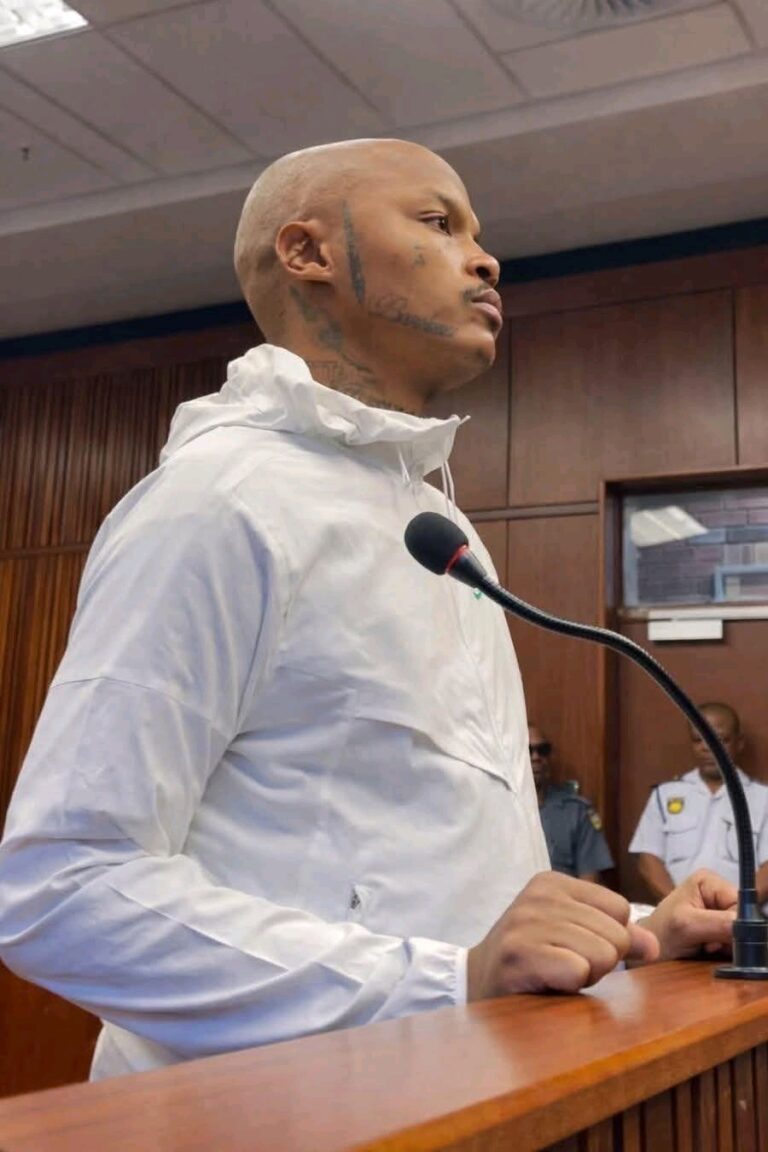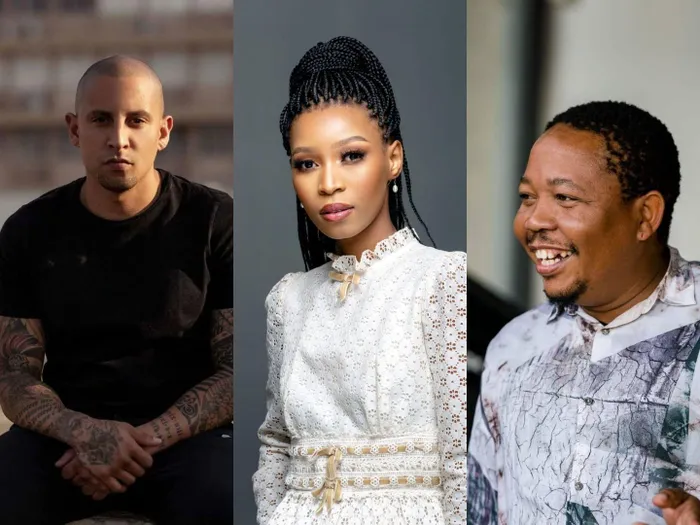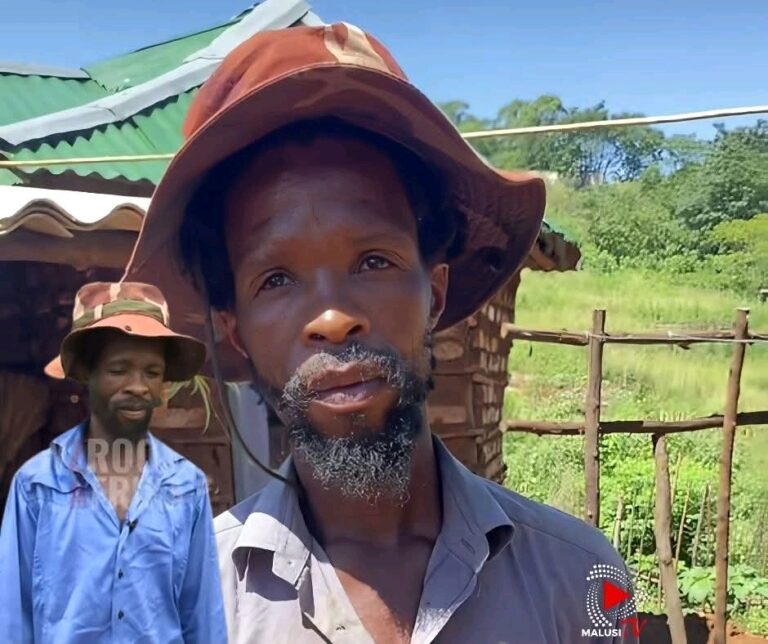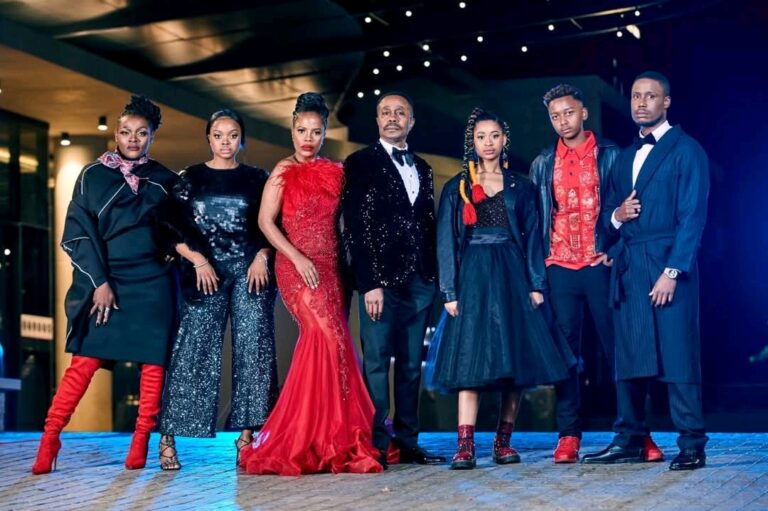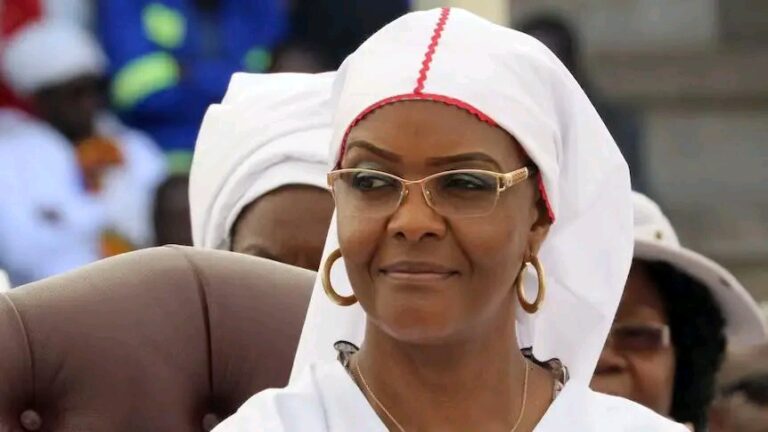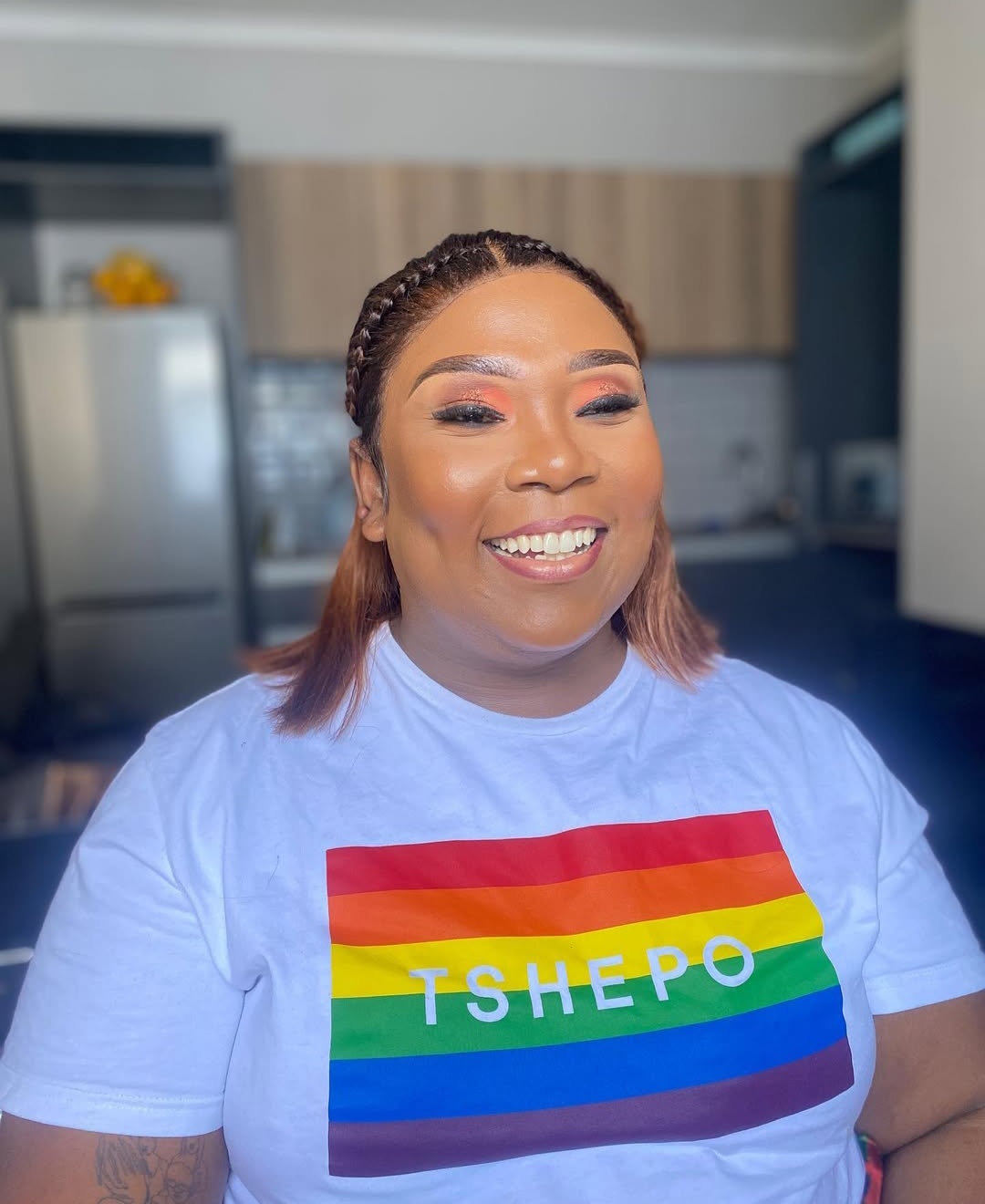
During the recent Joburg Pride event held on October 25 in Sandton, Johannesburg, activist and community figure Dominic Zaca made a powerful statement when he appeared wearing full Zulu traditional attire — including the cow’s skin “ibheshu” tail. His choice of outfit was a direct response to comments made by former radio presenter Ngizwe Mchunu, who had criticised members of the LGBTQIA+ community for wearing traditional Zulu clothing.
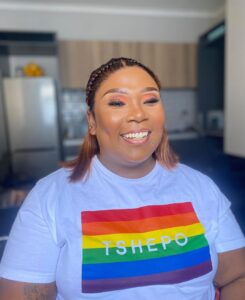
Zaca explained that his decision was deliberate, saying: “Yes, I was responding to Ngizwe. My battle is Ngizwe telling me I don’t belong. Before anything, I’m proudly Zulu, and my roots are Zulu.”
He went on to say that in Zulu culture, traditional attire was historically worn when making important declarations or preparing for battle — and that wearing it at Pride represented standing up for his right to exist freely. “Our ancestors wore traditional attire when they were declaring something or going to war. I’m wearing mine to declare that I belong here. I will continue to wear it until the Zulu king tells us we are not allowed,” he added.
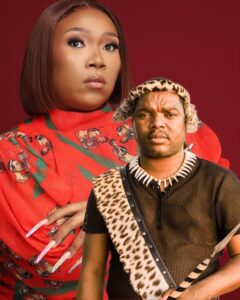
The controversy began when Ngizwe Mchunu allegedly told LGBTQIA+ individuals that they had no right to wear Zulu regalia and should leave the country. His remarks sparked outrage from advocacy groups, who lodged a complaint with the South African Human Rights Commission. The case was later escalated to the Equality Court after Mchunu refused to apologise.
https://x.com/MusaKBackup/status/1982335481015873796?t=9_2je17V48hRylca-xe6ew&s=19
Zaca’s public display was widely celebrated as an act of courage and cultural pride. Many viewed his choice as a reminder that sexual orientation does not erase one’s heritage or identity. “Gay people are also humans and also Zulu people,” Zaca emphasised. “We will not be bullied by Ngizwe.”
His appearance at the high-profile event served as both a celebration and a protest — a declaration that tradition and queerness can coexist. By proudly wearing his Zulu attire at Joburg Pride, Zaca sent a clear message of inclusion and self-acceptance, inspiring others to embrace both their culture and their identity without fear.
Dominic Zaca’s act has since sparked a broader conversation about the intersection of cultural identity and LGBTQIA+ rights in South Africa. For many, it highlighted that being Zulu and being queer are not mutually exclusive — both are integral parts of who he is. His defiance at Joburg Pride will likely be remembered as a defining moment of visibility, resilience, and pride for the LGBTQIA+ community in South Africa.

